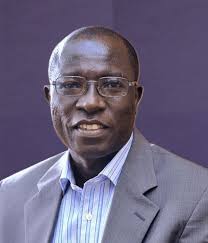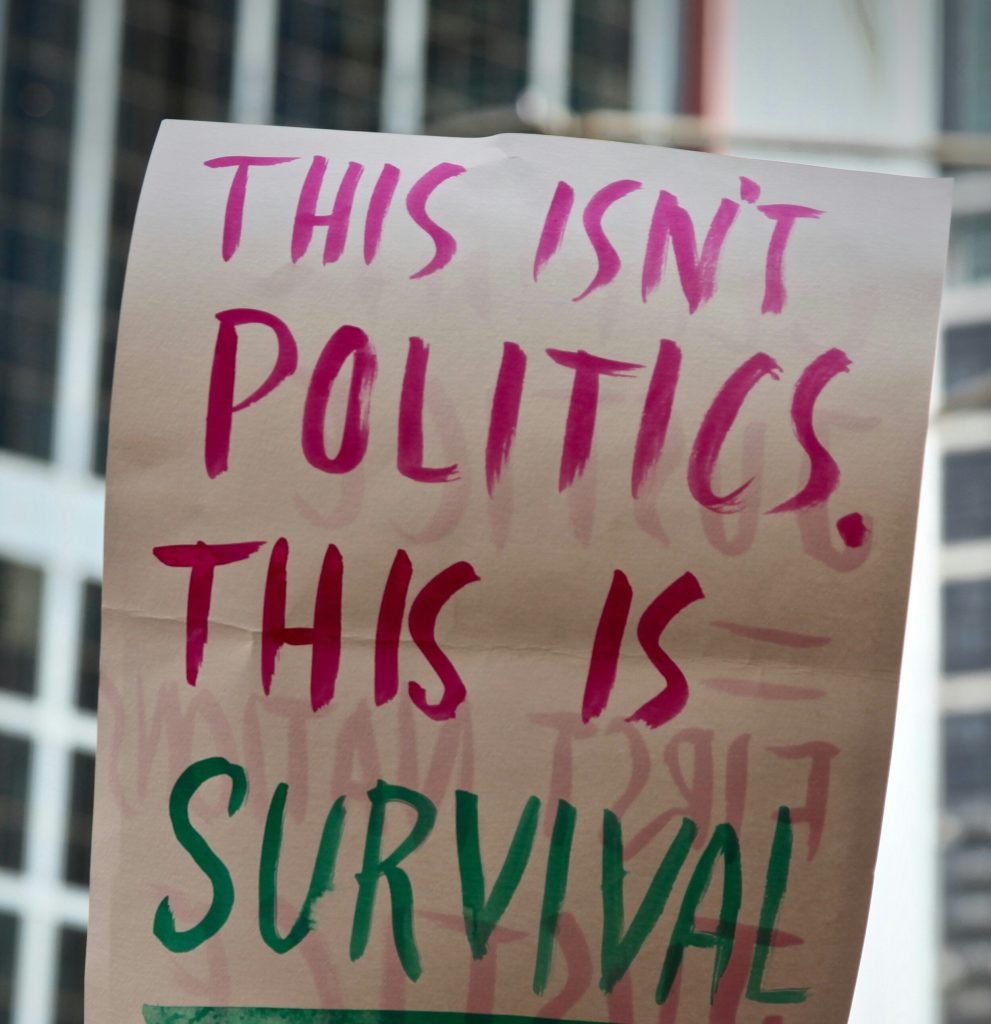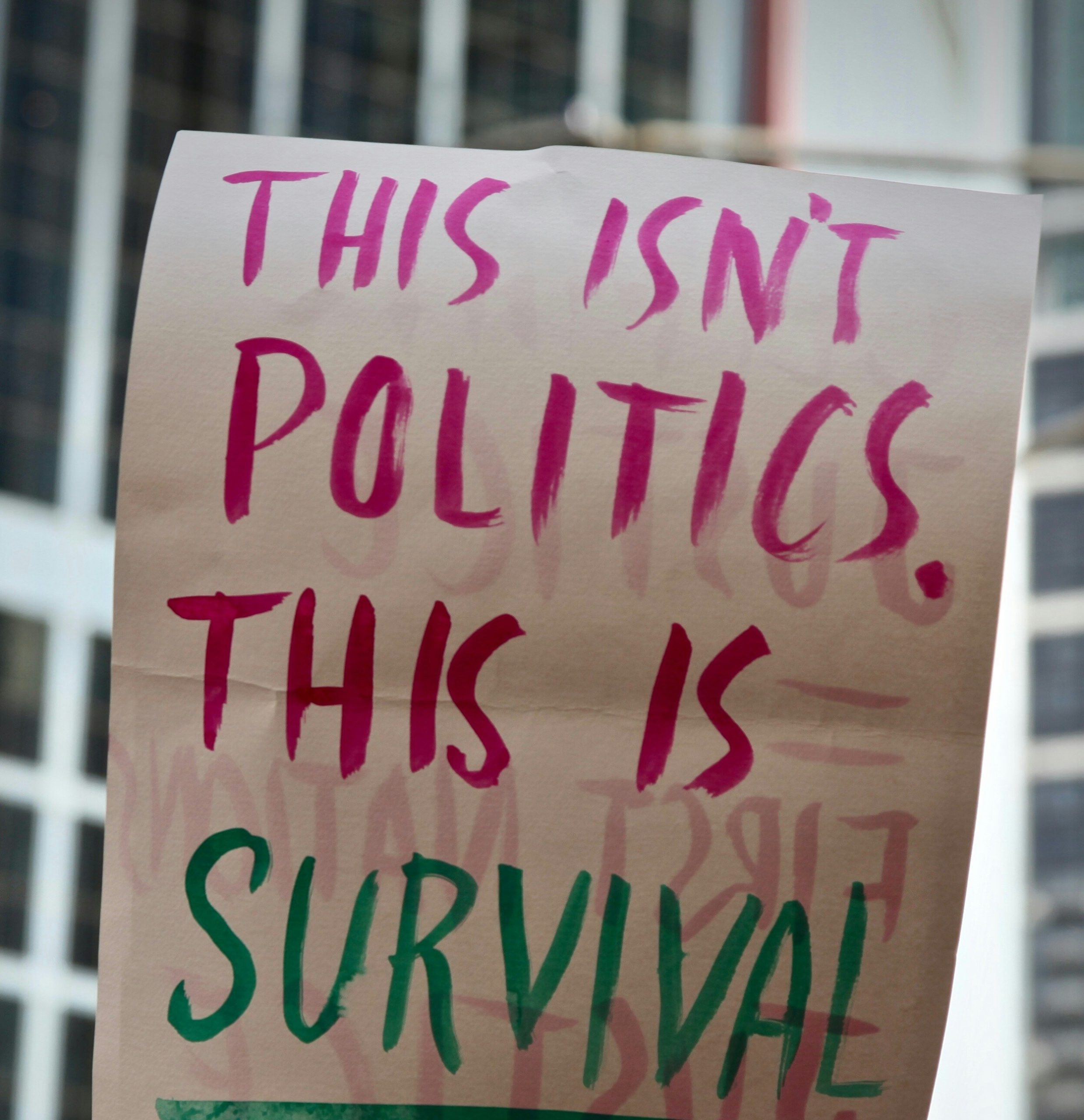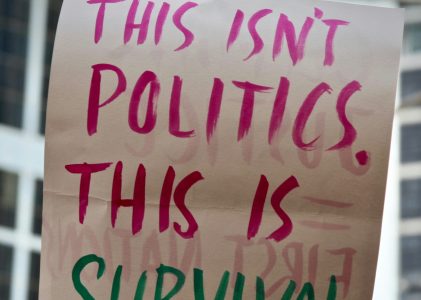
The last couple of months have witnessed a seismic shift in internationalism. The USAID freeze which was triggered by President Trump’s Executive order turbocharged a domino effect which saw other Western donor countries roll back their budgets – all under the wrap of wanting to bolster their military and defense capabilities.
The disdain which many hold against aid is no secret. Yet this does not lessen the impact which upending eight decades of internationalism and humanitarian aid is having on the development sector.
These are difficult times for the sector, especially when European capitals have all joined the race to the bottom. While President Trump and his coterie decided to feed USAID to the woodchipper, the UK Premier became an energetic entrant in the race to the bottom by slashing and rolling back the development aid budget so as to boost the UK’s defense and military capabilities. As many have argued, making the world’s most vulnerable people pay for UK’s defense is not only reprehensible but callous.
While we have always known and pointed out that aid was not always for us in the Global South but for the furtherance of donor interests, what has happened in the last couple of months is an unashamed, naked, unapologetic and callous display of these interests.
In the triad of “development, defense and diplomacy”, development had been sacrificed at the altar of defense. With it, the varied communities that have depended on the development sector for survival, sustenance and hope are now on their own. The result will be worsening social indicators. Those who depend on food parcels will in, all likelihood, starve to death. Cases of malnutrition amongst children will worsen. The same will happen with vaccinations, whose life saving and life changing benefits are unlikely to reach millions of children that have depended on aid to access them. Young people, men, women, persons with disabilities and others whom donor funding had supported to organize into social movements and other critical groups — those that challenge local corrupt and exclusionary practices which perpetuate poverty and inequality — will have to find a way to do this without relying on donors from the West.

We witnessed similar abandonment not long ago. When the COVID-19 pandemic broke out, the West went into an overdrive of selfishness and decided to starve the Global South of vaccines. They forget one thing: when we are not safe, they are not safe. Well, the pandemic is over, and we are here. The development aid cut is no different from the vaccine apartheid we witnessed during the pandemic days.
Yet the effects of this abandonment and betrayal will have a negative effect on Western donor countries as well. Unlike aid from countries which only relate with governments, Western aid has had the positive attribute of working directly with affected people, thus building a direct relationship of mutual respect, understanding and empathy between peoples. With the abandonment, the soft power which the West has nurtured via this approach will likely be lost.
Where does this leave us? True, chopping development finance and assaulting internationalism in this age of global connectedness is a poor and reckless decision. Yet, this does not mean it’s a doomsday or an apocalypse for our communities. We are resilient people. As for civil society organizations (CSOs), sector strength and resilience are our greatest collective assets. We shall rise from the ashes!
Rising from the ashes!
We are acutely aware that it shall not be business as usual and, as a sector, we are already starting to make some tough decisions.
We have always known that communities have assets such as resources (albeit small), skill-sets, knowledge and relationships. It is now going to be imperative to leverage these resources as a way of triggering community voice and power. With increased citizen agency, communities will start working differently with their local governments in the provision of public services. As a sector, our survival will depend on our ability to leverage local resources to drive the community development agenda. Local philanthropy shall not be an add-on but the main menu in resource mobilization.
How do we ensure resilience among the affected entities? We may not have a one-size-fits-all answer to this, but as a sector, we are steaming ahead to find cost-sharing and cost-cutting approaches. For example, sharing spaces with entities that may have difficulties affording rent may be an option. With sharing resources comes sharing of utilities and this will drastically plummet the organizational operation costs, enabling the different organizations to stay afloat.
As the headwinds beat against development financing and with USAID — the largest aid apparatus now resting in the aid cemetery — CSOs must change their modus operandi and learn new rules of engagement with donors. The sector shall not die but will rise from the ashes.
Dr. Moses Isooba is the Executive Director of the Uganda National NGO Forum (UNNGOF). This article was first published by Humentum as part of a series exploring a new era for global development.

